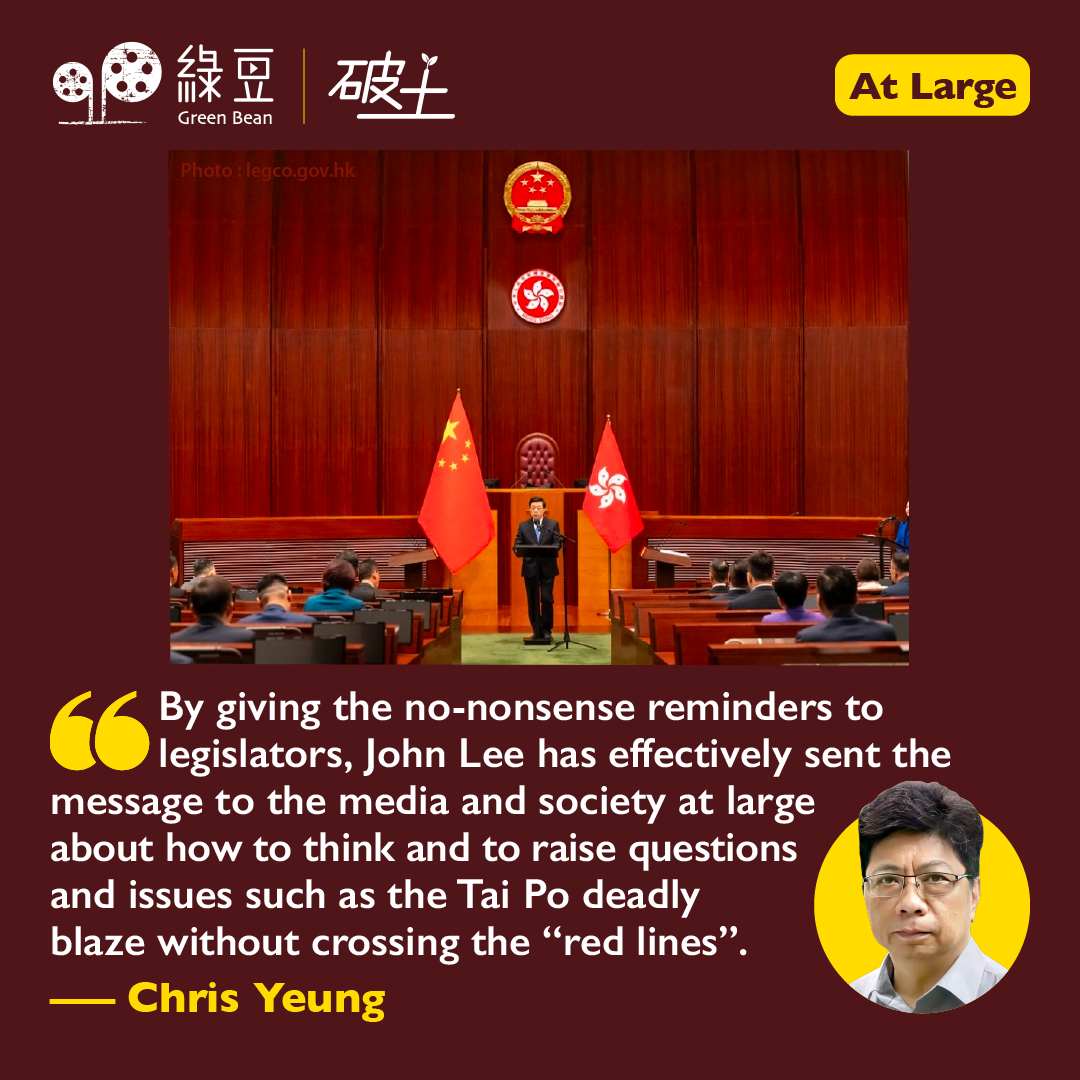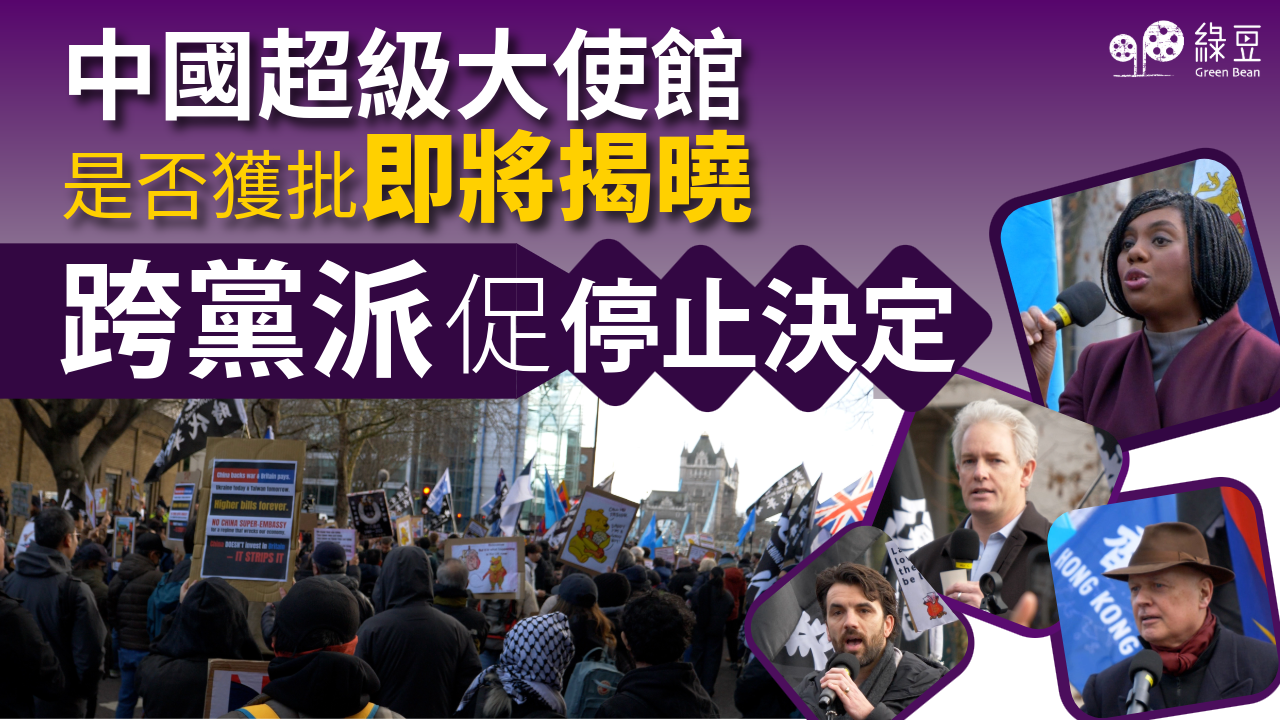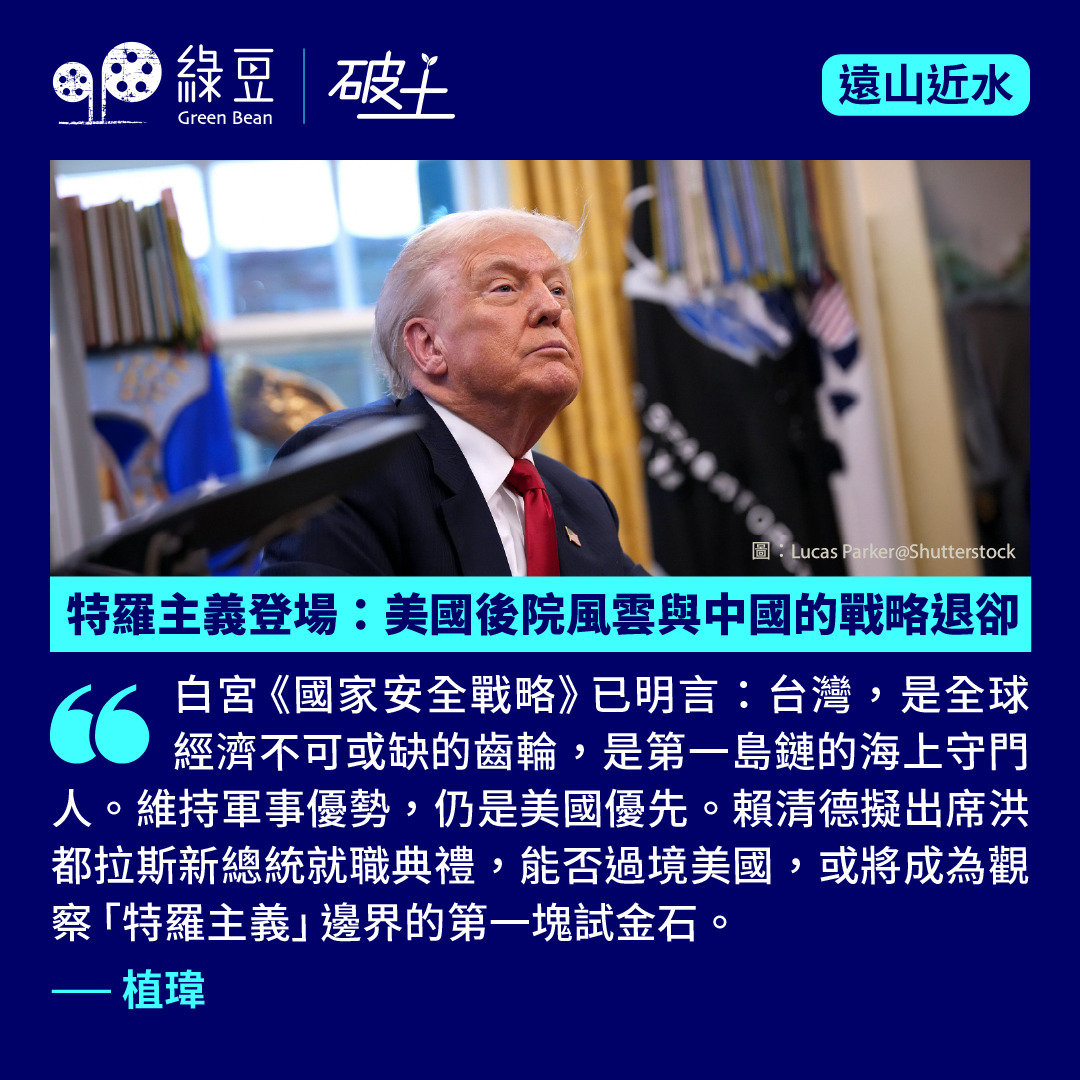A slow-down in Article 23 legislation may be bad news

Make no mistake. Revelation of the Hong Kong Government’s slowing of a legislative plan of Basic Law Article 23 last week is a piece of news. A piece of news is a piece of news. No more. No less.
On its face, it is not bad news, nor good news. The simple truth is that the trend of curtailment of civil liberties, though the Government disagreed, has shown no signs of a reversal, at least in the near term. Moreover, there are incessant disturbing events of curbs on the expression of dissenting views as shown in a case concerning a cartoon in the Chinese-language Ming Pao Daily last week.
Article 23 legislation is a long-running story dated back to the early 2000s. Aimed to prohibit subversion and related crimes, a plan by the chief executive Tung Chee-hwa to enact the anti-subversion law was shelved in 2003 after half a million people took to the streets. The bill was not dead since then; it was put on the shelves. Call it half-dead. Tung lost his job in 2005.
Shocked by the protracted social movement ignited by the now-shelved extradition bill in 2019, China’s national legislature passed a law on national security in 2020, which covers subversion and secession, two of the major crimes stipulated in Article 23. It did not cover others including treason, theft of state secrets and ties with foreign political bodies.
In a press conference after she delivered what turned out to be her swansong policy address in October last year, former chief executive Carrie Lam lamented that, with hindsight, it was wrong for her predecessors not to do the job of Article 23 legislation since 2003. She has vowed to restart the legislative work with a promise to submit a “framework” to the legislature in her remaining term. She left the Government House on July 1 without leaving a word on the legislative plan.
Her successor, John Lee, again vowed in April even before he was elected as the next chief executive Article 23 legislation would be “one of the priorities of his administration” because it is a “constitutional duty” of the SAR.
But in a paper sent to lawmakers last week, the Government has taken out a bill on Article 23 from the Legislative Council agenda for the second half of this year.
Speaking on Tuesday (11/10), Lee underlined the importance of a law with “genuine effect” in protecting national security in light of the rapidly-changing geo-political environment. Many of the tactics adopted to endanger national security, he said, have been “unimaginable”. Therefore, he said the law must tackle “extreme situations.” He did not elaborate.
But citing a national security bill submitted to the UK parliament, security minister Chris Tang has said the bill covers multiple restrictions on civic rights, including a ban for those who are suspected of posing a threat to national security with foreign forces from traveling aboard or entering certain premises. And that the ban can be repeatedly extended over a certain period of time.
It is too early to tell whether similar draconian measures will be copied into the city’s proposed legislation. But it is no doubt not a piece of good news if officials’ reference to other harsher laws on national security are indicative of a maximalist approach of Article 23 legislation, not a minimalist approach.
If the law is ultimately designed to tackle threats under “extreme” situations, it is more likely to be all-encompassing and all-weather that gives maximal powers to the law-enforcement agents to counter not just known threats, but unforeseen threats, at the expense of civil liberties.
A revisit of the enactment of the national security law and its implementation since July 1, 2020 shows a maximalist legislative approach is not surprising.
The scope of the national security law is broad. The powers given to the national security departments in enforcement are extensive without substantive restrictions.
Now that the NSL, together with an overhaul of the election system, have been hailed a great success in ending chaos and thus restoring order in the SAR, there is no incentive for the central authorities to change the game plan.
Enter a controversy over a cartoon authored by Zunzi, the pen name of Wong Kee-wan, which has sent more jitters in the media circle.
In a letter to Ming Pao on Tuesday, the Hong Kong Police expressed “strong concerns” that the cartoon contained what they called “misleading content”. The illustration depicts riot police officers appearing outside a school. One of them asked what students did. A woman listed students’ offenses including swearing, losing an eraser, having laser pointers in their bags and talking back and allegedly intimidating teachers.
Zunzi responded one day later he was not targeting the Police. Judging from the content, the illustration seems to have satirized the school rather than the Police.
That the cartoon has caused “strong concerns” in the Police raises fears that their room for tolerance towards ridicule, if not criticism and dissenting voices, is limited.
With fears about threats of all kinds, including the future kind, lingering, the decision to slow down Article 23 legislative work may indeed be bad news.
▌[At Large] About the Author
Chris Yeung is a veteran journalist, a founder and chief writer of the now-disbanded CitizenNews; he now runs a daily news commentary channel on Youtube. He had formerly worked with the South China Morning Post and the Hong Kong Economic Journal.





